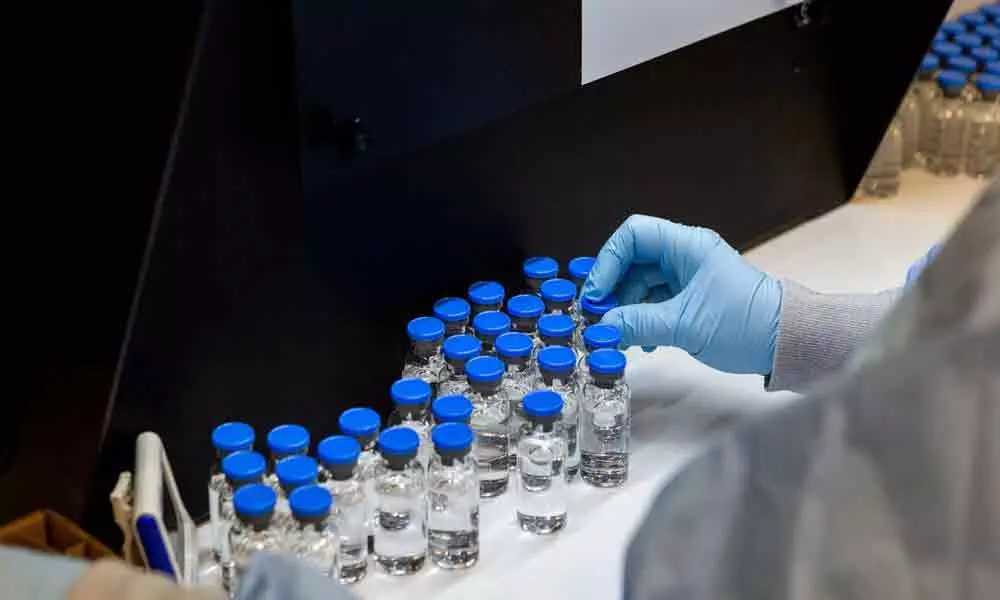Could Remdesivir Prove Useful To COVID-19 Patients?
 Representational Image
Representational ImageThe experimental anti-viral drug Remdesivir has sparked a wave of hope across the world, after results of a trial in the United States on Wednesday suggested it could help people recover from Coronavirus faster.
The experimental anti-viral drug Remdesivir has sparked a wave of hope across the world, after results of a trial in the United States on Wednesday suggested it could help people recover from Coronavirus faster. However, experts say final trial results could determine the way forward when it comes to fighting COVID-19.
Meanwhile, the Federal Drug Administration (FDA) is likely to authorize its emergency use, media reports said.
Remdesivir was originally developed as an anti-viral tool against Ebola, but was not successful. On Wednesday, renowned expert and Director of the National Institute of Allergy and Infectious Diseases (NIAID) Antony Fauci, suggested that the drug seemed to aid recovery from COVID-19 faster. He suggested that what it has taught is that a drug could block the virus.
Gilead Sciences, the manufacturer of Remdesivir, is reported to have issued a statement on Wednesday stating that it was aware of positive data emerging from the federal trial. However, question marks with regard to the use of Remdesivir against COVID-19 in the future remain.
For instance, the study conducted in the US has not yet been peer-reviewed. Secondly, some wonder whether Remdesivir is now being pushed without full verification and data, in the same way that hydroxycholroquine had been a few ago. Critics attribute this to the prevailing political climate in the United States.
Analysts point out that the trials conducted in the US, were preliminary in nature. The randomized trials suggested that patients with COVID-19 and lung complications demonstrated a 31% higher recovery rate with remdesivir than with a placebo. The final results of the trial are due sometime in May.














